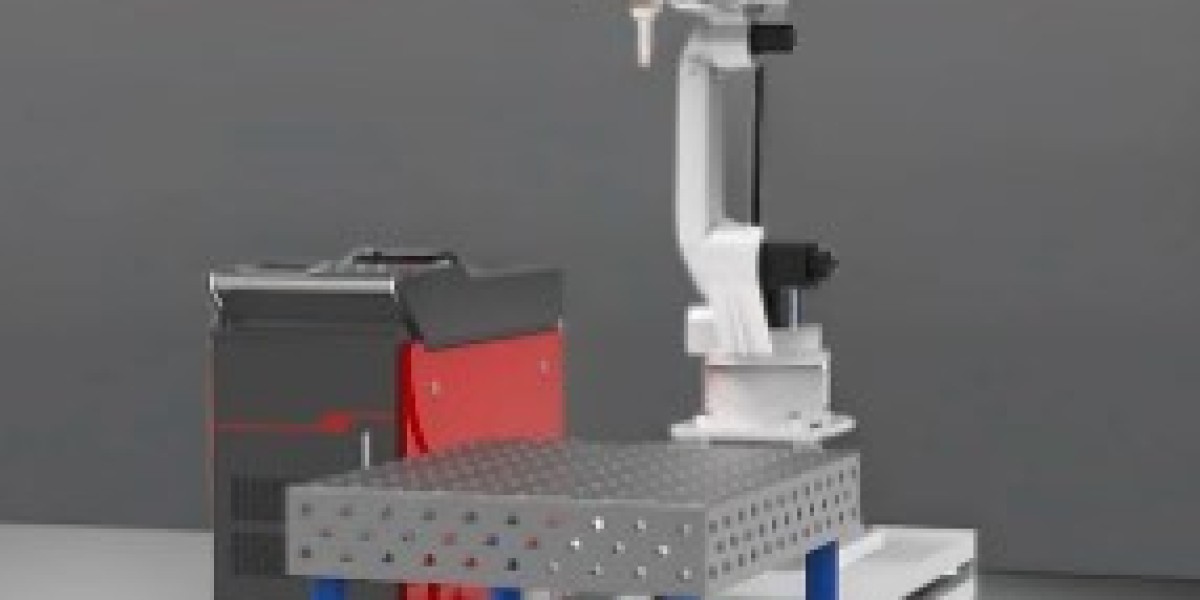What is Sperm Donation?
Sperm donation involves a male donating his sperm to help individuals or couples conceive. This process can be an essential option for those who face infertility challenges, single individuals wishing to become parents, or same-sex couples looking to start a family. Sperm donation can take place in a clinical setting, where sperm is collected and frozen for future use, or through known donors, who provide sperm directly to individuals they know.
The Sperm Donation Process
Choosing a Donation Method: Individuals can opt for either anonymous or known sperm donation. Anonymous donors are selected from a sperm bank, while known donors are usually friends or family members. Each option comes with its own legal and emotional considerations.
Screening and Eligibility: To ensure the health and viability of the sperm, donors undergo a comprehensive screening process. This typically includes medical history assessments, genetic testing, and infectious disease screening. Sperm banks have strict eligibility criteria to minimize the risk of genetic disorders and ensure the health of potential offspring.
Collection: The actual collection of sperm can occur through masturbation into a sterile container in a private room at a clinic or sperm bank. The sample is then analyzed for quality and motility.
Storage and Use: Once collected, sperm can be frozen and stored for future use. It can be utilized in various fertility treatments, including intrauterine insemination (IUI) and in vitro fertilization (IVF).
Legal Considerations: It’s essential for both donors and recipients to understand the legal implications of sperm donation. Agreements should outline parental rights, confidentiality, and future contact between the donor and offspring, particularly in known donor situations.
The Egg Donor Process
While discussing sperm donation, it’s important to highlight the parallel process of egg donation, especially as these two processes often work in tandem in assisted reproductive technologies.
Understanding Egg Donation: Egg donation involves a woman donating her eggs to help another individual or couple conceive. This is particularly vital for those who may not produce viable eggs due to age, medical conditions, or genetic issues.
Selection of Donors: Similar to sperm donors, egg donors undergo a rigorous screening process, which includes medical history, psychological evaluations, and genetic testing. Egg donors must meet specific criteria set by fertility clinics to ensure they are suitable candidates.
Hormonal Stimulation and Retrieval: Once selected, egg donors undergo hormonal treatment to stimulate their ovaries to produce multiple eggs. After a few weeks of monitoring, the eggs are retrieved through a minor surgical procedure performed under sedation.
Legal Agreements: Legal agreements are essential in the egg donor process, detailing the rights and responsibilities of all parties involved. This ensures clarity regarding anonymity, parental rights, and compensation, if applicable.
The Impact of Sperm and Egg Donation
Sperm and egg donation plays a crucial role in expanding family-building options. For many, these processes provide hope where there was previously none, enabling individuals and couples to realize their dreams of parenthood. However, it’s important to approach these decisions with careful consideration of the emotional and ethical implications.
Emotional Considerations
Both sperm and egg donors may experience complex emotions throughout the donation process. Donors often feel a sense of pride in helping others but may also grapple with concerns about future contact or the potential for emotional attachment. Recipients may experience anxiety and hope as they navigate the process of building their family.
Future Implications
With advancements in reproductive technology, the landscape of sperm and egg donation continues to evolve. Emerging trends, such as the increasing acceptance of genetic screening and the use of social media to connect donors and recipients, are reshaping how these processes are approached. It’s essential for all parties to remain informed about these developments, as they can significantly impact decisions and outcomes.
Conclusion
The donation of sperm and the egg donor process are vital components of modern family planning. By understanding the intricacies involved, prospective donors and recipients can navigate these processes with greater confidence and clarity. As societal attitudes toward fertility and family continue to shift, the role of sperm and egg donation will only become more prominent, offering hope and opportunities for countless individuals and couples seeking to grow their families. Whether you are considering donating or are exploring your options to conceive, knowledge is power in this journey toward parenthood.



